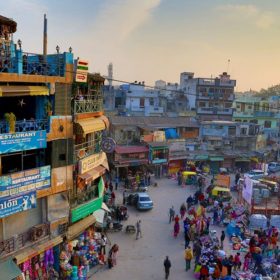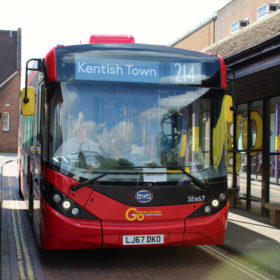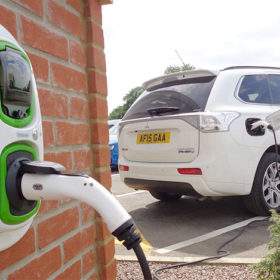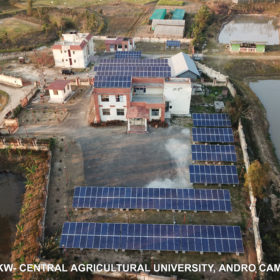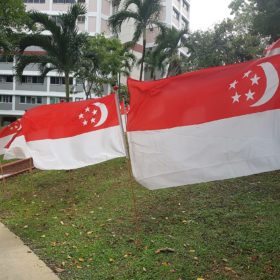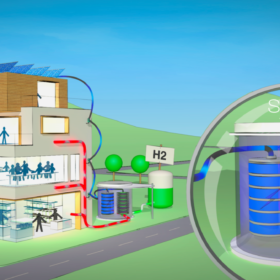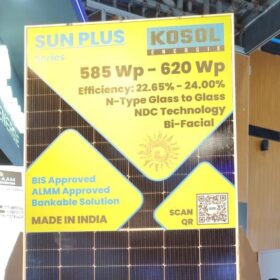Ather Energy to set up Li-ion, EV production unit in India
Ather Energy, an Indian electric scooter maker, has signed a memorandum of understanding with the government of Tamil Nadu to open a new production facility for lithium-ion batteries and electric vehicles.
Assam tenders for supply of 100 electric buses
The selected operator will also provide operation and maintenance support for the buses which shall be deployed in the cities of Guwahati, Silchar and Jorhat. Bidding closes on December 7.
EESL to install 75 EV charging stations for South Delhi Municipal Corporation
The electric vehicle (EV) charging infrastructure will come up in South Delhi Municipal Corporation area over a 10-year period, starting with installation in 18 locations within 6 months from the effective date.
Magenta partners real estate developer Lodha Group on EV charger installation
Under the partnership, Magenta will install its electric vehicle charging solution ChargeGrid Pro at Lodha Group’s real estate projects in Mumbai, delivering installation to charging support, round-the-clock service, and maintenance support.
UNDP tenders 91.5 KWp off-grid solar in Assam and Jharkhand
Prospective developers have until November 18 to submit bids for standalone PV systems, with inverter and lead-acid batteries, at various government high schools, health sub-centres and Anganwadi Centres.
Distributed storage market to grow nearly twentyfold by 2028
Market intelligence company Navigant Research has developed a country forecast of the global market. Incentives and pricing will be the main driver of installations, though the market will continue to be concentrated in certain key regions, including India, for now.
E-waste company opens battery recycling plants in Singapore and France
TES issued a press release announcing the new facilities that is light on detail but claimed the plants would position it as ‘a leader’ in battery recycling. The company also announced an intent to move into the reuse of spent electric vehicle batteries in commercial and residential applications.
French consortium develops hybrid storage and co-generation system
The Smart Energy Hub can operate in electrolysis mode to store renewable energy as hydrogen, or in fuel cell mode to produce electricity and heat from previously produced hydrogen or methane. Its developers are the French Alternative Energies and Atomic Energy Commission and start-up Sylfen.
Odisha fire stations to go solar
The state will contract for a total 1.73 MWp of rooftop generation capacity with all the panels supplied manufactured in India.
White paper sums up e-transport policy progress across India
Range anxiety continues to be an obstacle to electric vehicle take-up but the nation’s willingness to embrace car-sharing and other workarounds offers plenty of promise to the sector, according a World Economic Forum report.
